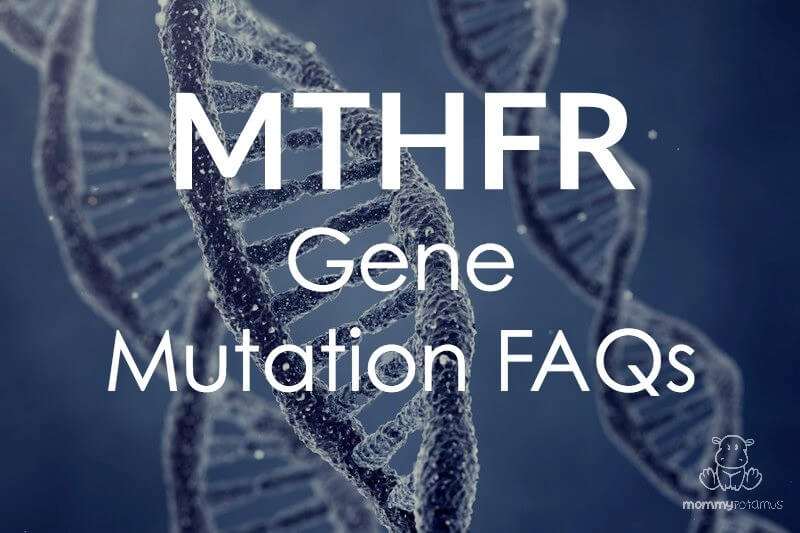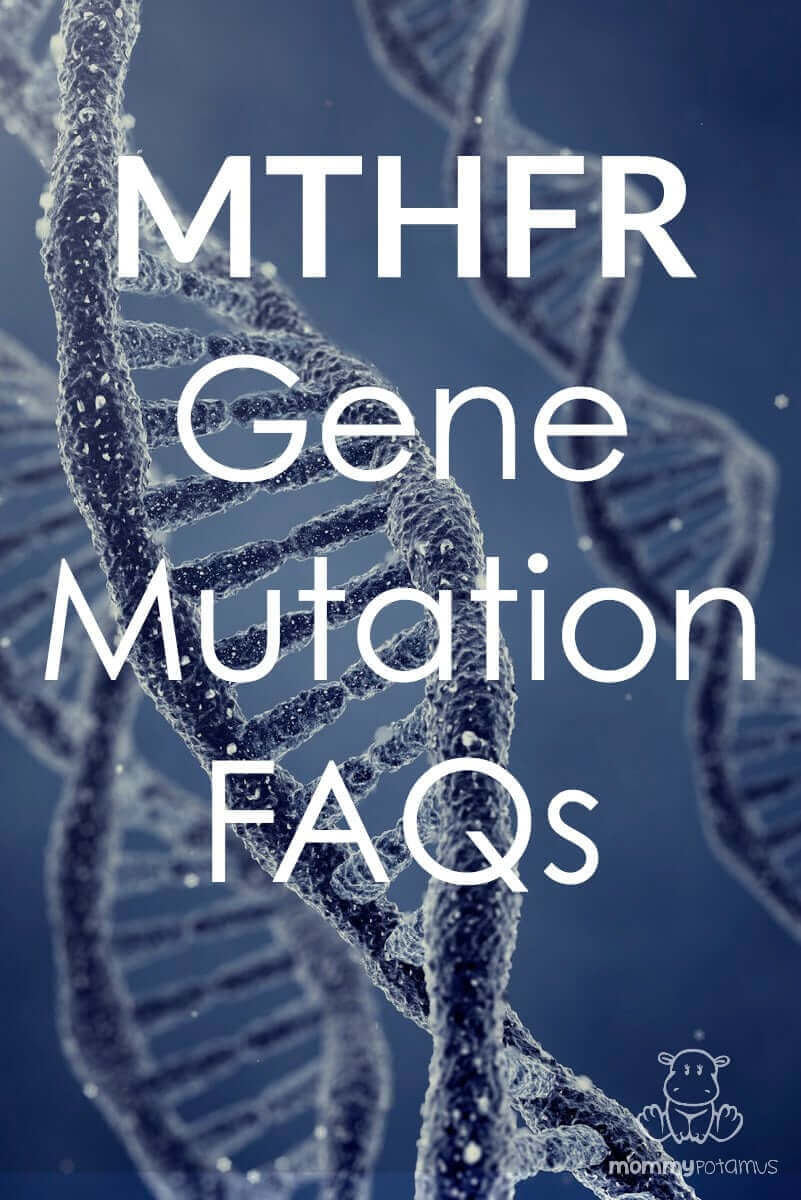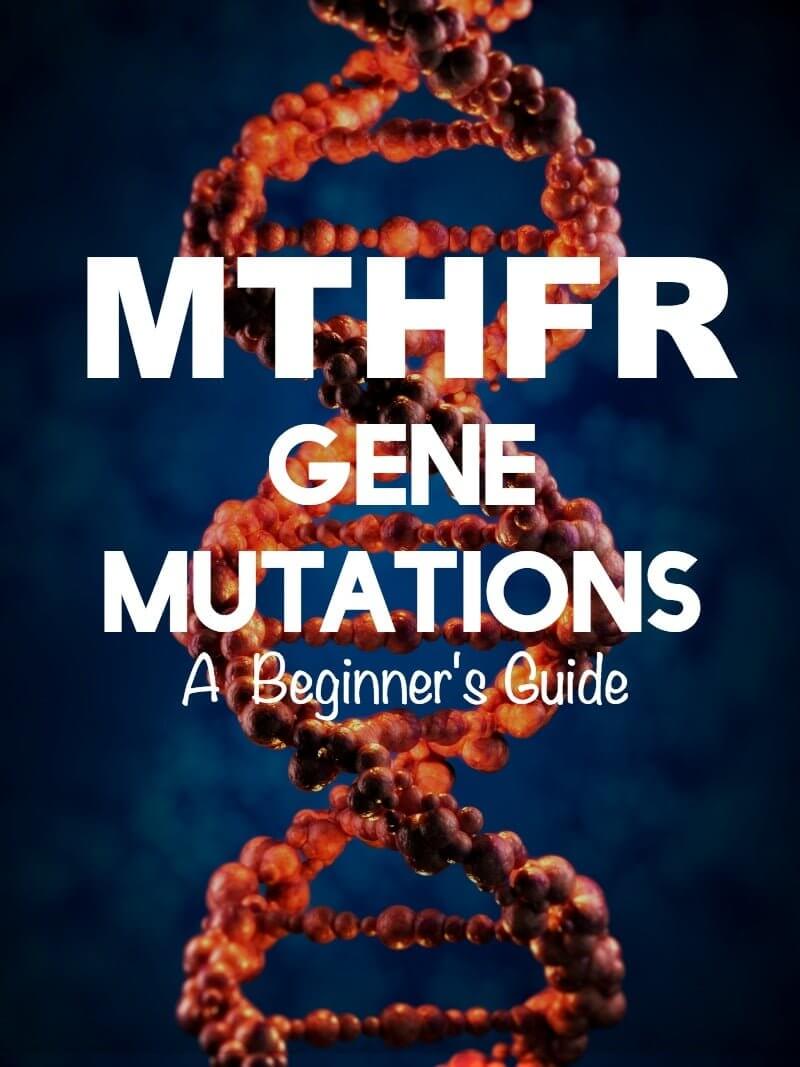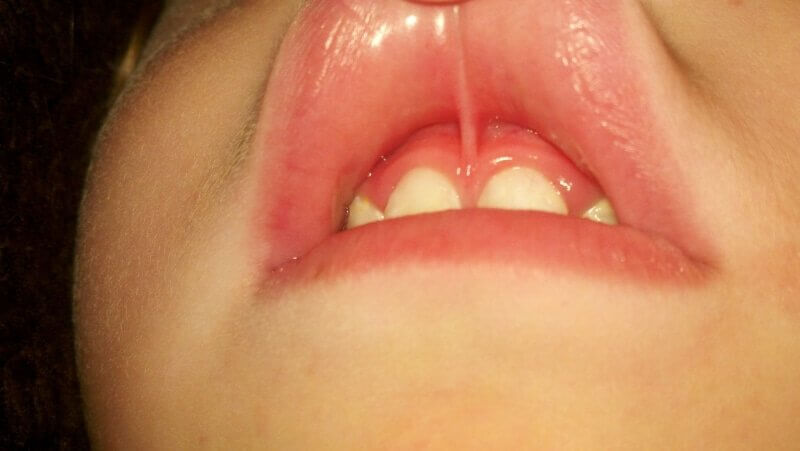
Husband: I know you’re tired. Let’s just stop at Taco Bell or McDonald’s for dinner.
Me (laughing): Stop.
Katie: Daddy, why are you saying that? Those aren’t real places!
It wasn’t intentional, but somehow my daughter was six years old before she realized these places really do exist. We’ve done our best to nourish our kids from the start, and we are very careful about what goes into their little bodies.
I used to believe that was enough. With a real food diet and minimal supplementation to make up for things like soil depletion, our family would thrive.
However, when I discovered the MTHFR gene mutation, things got confusing for awhile. Is it enough to eat folate-rich foods or do I need to supplement? And if so, do I have to supplement forever? How do I know if I’m getting enough vitamin B-12 and the other cofactors needed to utilize folate? (Note: If you’re unsure about what folate has to do with the MTHFR mutation, go back and read this post.)
I don’t have all the answers, but I wanted to share with you some of the information I’ve found most valuable as I sort through this. Now, please keep in mind that – as I’ve said before – “Best Boo-Boo Kisser South Of Puckett’s Grocery” is about as official as things get for me professionally. I am not a doctor and this is not medical advice or a diagnosis. I’m just passing along information gathered from some of the top experts in the field.
So, with that out of the way, let’s talk about some of the top questions you may have . . .
What are the most common sources of kryptonite, er, folic acid?
As mentioned in my previous post, folic acid is a synthetic vitamin that is not well-converted into usable form by individuals with MTHFR mutations. However, free-floating unconverted folic acid doesn’t just sit around and twiddle its thumbs – it attaches to receptor sites intended for usable forms of folate, thus blocking the body’s ability to get enough folate.
That’s a big deal, because getting the right kind of folate is essential for DNA synthesis and repair, neurotransmitter production, detoxification, and immune function.
So how can we avoid it? Here are some tips:
1. Read labels carefully and avoid “enriched” or “fortified” foods.
In 1996, the United States mandated the addition of folic acid “to enriched bread, flour, cornmeal, rice, pasta, and other grain products.” (source) The goal was to reduce neural tube defects in pregnant women, but unfortunately even institutions such as Harvard now believe this policy has had a detrimental effect. (source)
This study has shown that unmetabolized folic acid in the body depresses natural killer cell (immune system) activity. That’s huge for people with MTHFR since they have a limited ability to metabolize folic acid. Other studies have found a possible link between folic acid supplementation and an increased risk of certain types of cancer. (source)
2. Avoid supplements that contain folic acid.
Instead, I opt for something that says L-5-MTHF, L-5-Methyltetrahydrofolate, 6(S)-L-MTHF, or 6(S)-L-Methyltetrahydrofolate. According to MTHFR expert Dr. Lynch, these forms are all synonymous with each other and well-absorbed. (source)
A quick word of caution: According to MTHFR experts, supplementing with methylfolate can actually make some people with MTHFR mutations worse, especially if there is underlying B-12 deficiency which has not been addressed. Before starting a supplementation protocol, I recommend signing up for Dr. Lynch’s email newsletter. It starts off with very helpful beginner info, including what he calls his “safe and sane” way to supplement. Consulting a MTHFR-literate practitioner is also a very good idea – here’s a list of individuals that have completed some training with Dr. Lynch.
What are the best foods for people with MTHFR?
Natural sources of folate are considered top priority, along with other nutrients that support the methylation cycle. Folate comes from the Latin word “folium,” which means leaf. Not surprisingly, that’s because leafy greens are one of the best sources of folate.
Because cooking tends to break down folate, Dr. Lynch recommends eating raw leafy greens daily. If oxalates are an issue, this article has a list of low oxalate greens that can be eaten raw.
Here are some other good sources of folate:
- Liver (turkey or chicken, cooked) – contains approximately 420-518 mcg per 2½ ounce serving (source)
- Liver (beef, pork, cooked) – contains approximately 122-195 mcg per 2½ ounce serving (source)
- Liver (lamb, veal, cooked) contains approximately 122-195 per 2½ ounce serving (source)
- Lentils, cooked – contains approximately 180 mcg per 1/2 cup serving (source)
- Beans, cooked (black, navy, pinto, kidney) – contains approximately 115-145 mcg per 1/2 cup serving (source)
- Broccoli, cooked – contains approximately 84 mcg per 1/2 cup serving (source)
- Artichoke, cooked – contains approximately 79-106 mcg per 1/2 cup serving (source)
- Avocado, one-half – contains approximately 81 mcg (source)
- Asparagus – 4 spears contain approximately 85 mcg (source)
- Egg, whole – contains approximately 25 mcg (source)
- Strawberries, 8 medium – contains about 80 mcg (source)
- Brussels sprouts, cooked – contains about 80 mcg per 1/2 cup (source)
- Milk kefir – exact amount not known but higher than what is found in milk*(source)
Also important are vitamin B-12 (best found in pastured meats, wild caught fish and eggs), choline (also found in eggs) and other cofactors that support methylation. This article gives a good breakdown of what to eat and why.
*Dr. Lynch recommends limiting dairy, and opting for goat milk if dairy is a must.
Is diet enough or is supplementation needed?
I haven’t seen this question answered directly, but most practitioners who work extensively with MTHFR seem to recommend at least some supplementation, at least initially. Personally, I’ve opted for supplementation AND optimizing my diet to support methylation.
However, as I mentioned earlier there is no one-size-fits-all supplementation protocol. Some people can have negative reactions to methylfolate, especially if they start at a high dose. Dr. Lynch shares tips tips for avoiding side effects here, and he shares additional information on supplementation considerations in his newsletter – you can find a link to it above in the section on avoiding folic acid.

What other lifestyle changes are recommended?
1. Because MTHFR mutations can affect our ability to detox efficiently, it’s important keep our toxic load as light as possible. I do this by making homemade, non-toxic cleaning supplies and personal care products. Drinking clean, filtered water is also important. (source)
2. None of us live in a bubble, so some level of toxic exposure is inevitable. For that reason, practitioners recommend incorporating gentle detox therapies into our weekly routine. Here are a few ideas:
- Infrared sauna therapy for detoxification support. Here’s the one I chose, and here are some tips for getting started.
- Epsom salt or Ancient Minerals magnesium baths (Epsom salts are more affordable, but some people are sensitive to magnesium sulfate. In those cases, the magnesium chloride sold by Ancient Minerals is a better option.) Here’s my favorite “Relaxation In A Jar” bath salts recipe.
- Dry skin brushing
- Exercise – In the fascinating study described here, researchers found that “physical activity purges the blood of a substance which accumulates during stress and can be harmful to the brain.
Previous studies have suggested that people feel more positive after exercise because it releases a rush of endorphins. But it now appears that during exercise, the muscles begin to act like the liver or kidneys and produce an enzyme which clears out a molecule linked to depression.’ Muscle filtering things out like the liver or kidneys? Just . . . whoa.
3. Optimize digestion and overall gut health. Certain types of gut problems can impair the methylation cycle – also, poor digestion prevents us from absorbing folate, B-12 and other vital nutrients from food. (source) Attempts to mask symptoms of digestive distress can make matters even worse. For example, antacids interfere with the absorption of vitamin B-12, which is essential for helping the body use folate. Though I don’t have any obvious digestive issues, I know that nourishing the gut is a lifelong endeavor. That’s why I focus on gut healing/nourishing foods like bone broth, gelatin, and fermented foods, and supplement with high quality soil-based and lactic-acid based probiotics (you can find the two I buy listed on my Shopping Guide page). For those struggling with heartburn who want to avoid conventional medications, I recommend reading The 30-Day Heartburn Solution by Craig Fear, NTP.
4. Eating grass-fed beef (plus other pastured meats), and eggs, because they supply highly-usable forms of many nutrients needed for methylation.
5. Here are some additional suggestions from Dr. Lynch. I consider them a helpful general guideline, but I also listen to my body and make adjustments as needed.
This article was medically reviewed by Madiha Saeed, MD, a board certified family physician. As always, this is not personal medical advice and we recommend that you talk with your doctor.




